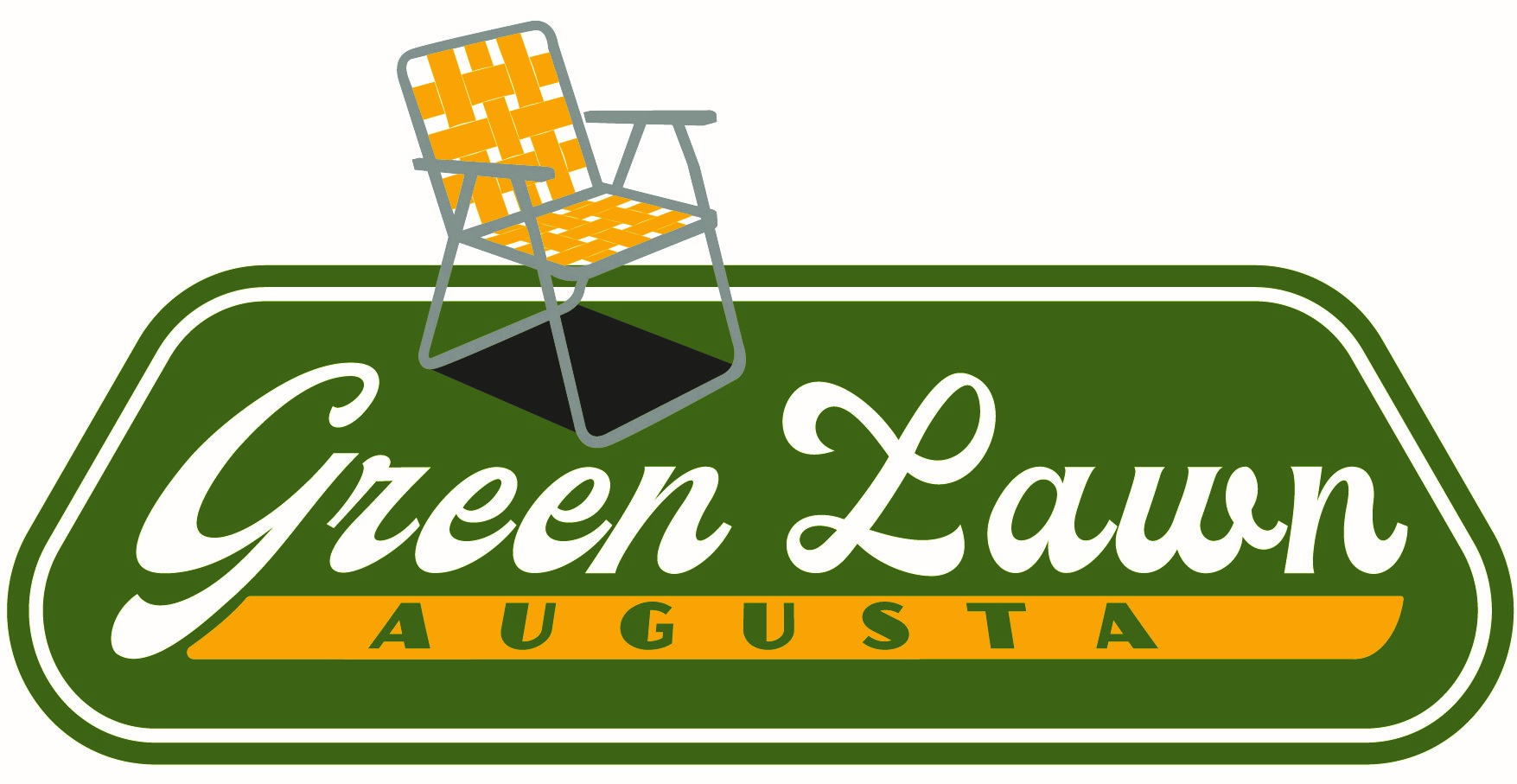Summer Lawn Care Preparation in Augusta the Right Way
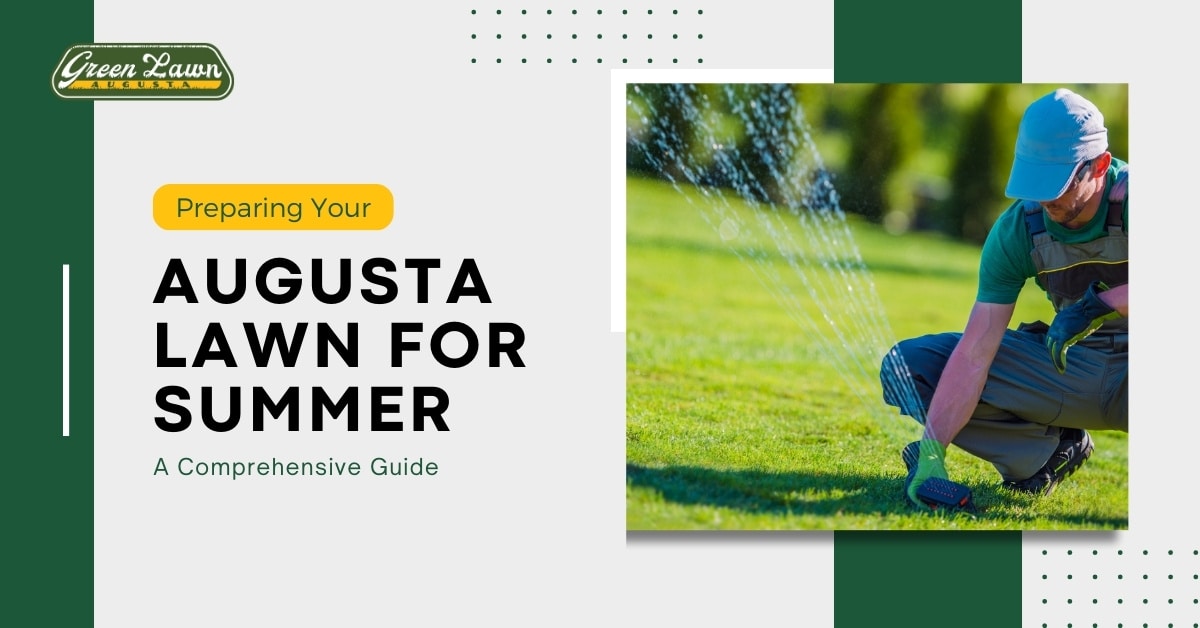
Let’s be real—summer lawn care preperation in Augusta isn’t optional if you want your yard to survive.
The heat hits hard. The humidity doesn’t care. And your lawn? It’s either prepped to handle the pressure, or it gets scorched.
This guide walks you through exactly what to do—step-by-step—to dominate the Georgia heat and keep your grass thriving all season long.
Adjust Your Mowing Height 🌿

Raise your mower blades to 2.5–3.5 inches, depending on your grass type. Taller grass shades the soil, helping retain moisture and block weeds.
-
Avoid scalping – cutting too short weakens your lawn.
-
Stick to the 1/3 rule – never remove more than 1/3 of the blade.
Pro Tip: Alternate mowing patterns to avoid soil compaction and promote upright growth.
Mowing frequency can depend on your lawn size and how fast your grass grows.
➡️ Lawn Care Cost in Augusta
Water Deeply, Not Daily 💧
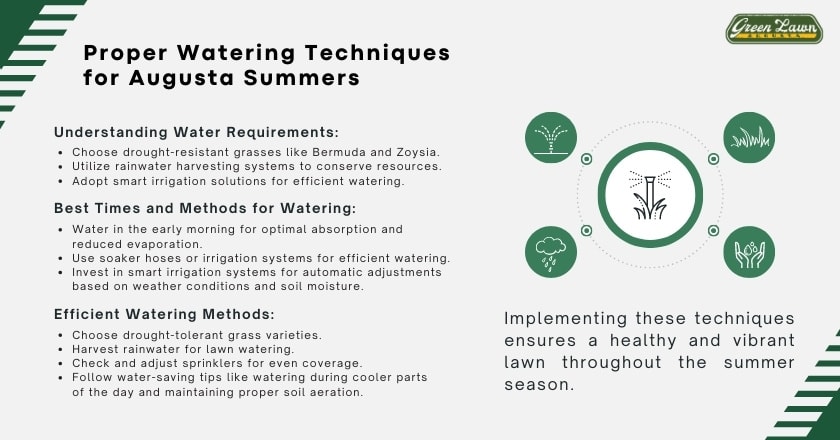
In Augusta’s hot summers, watering correctly is key.
-
Water 2–3 times per week, not daily.
-
Apply 1–1.5 inches of water total per week (including rainfall).
-
Early morning is best to reduce evaporation and disease risk.
Avoid shallow watering, which causes weak roots and more drought stress.
Keeping a consistent watering schedule is key.
➡️ UGA Extension: Lawn Watering Guide for Georgia
Use a Slow-Release Fertilizer 🌱

Apply a slow-release fertilizer early in the summer—ideally before a heat wave.
-
Avoid high-nitrogen blends during peak heat.
-
Use a formula specific to your grass type (e.g., Bermuda or Zoysia).
Healthy lawns are better at fending off weeds and disease under stress.
Give your yard the best shot at thriving through the Georgia heat.
➡️ Fall Lawn Care Services Augusta
Keep an Eye Out for Pests 🐛
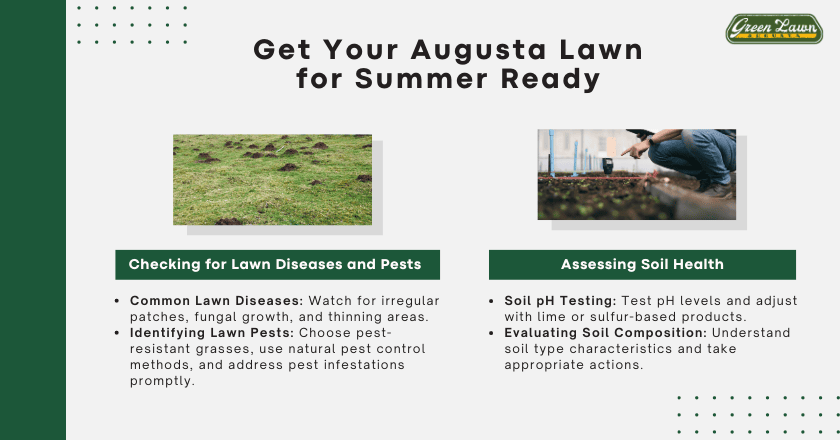
Hot, humid weather invites lawn insects like:
-
Grubs
-
Armyworms
-
Chinch bugs
Inspect regularly for signs like:
-
Brown spots that spread
-
Birds digging in the lawn
-
Thin, wilting patches
Apply pest control only when needed. Green Lawn Augusta offers diagnostic services if you’re unsure.
Mulch (Don’t Bag) Your Clippings 🌀

Mulching grass clippings returns nutrients to the soil and helps retain moisture.
✅ Benefits of mulching:
-
Free fertilizer
-
Reduced watering needs
-
Stronger soil microbiology
🚫 Don’t mulch if:
-
You see clumping
- Grass is wet or diseased
Whether you mulch or bag your clippings can impact moisture retention.
➡️ Mulching vs. Bagging Grass Clippings Augusta
Check Irrigation and Drainage Systems 🔧
Efficient watering is only possible when your system works properly.
-
Check for misaligned sprinkler heads.
-
Repair broken zones or timers.
-
Watch for pooling water (a sign of poor drainage).
Too much or uneven watering invites fungus, pests, and dead patches.
Timing your irrigation right can save water and promote deeper roots.
➡️ EPA WaterSense: Outdoor Watering Tips
Aerate in Late Spring (If Needed) 🌀
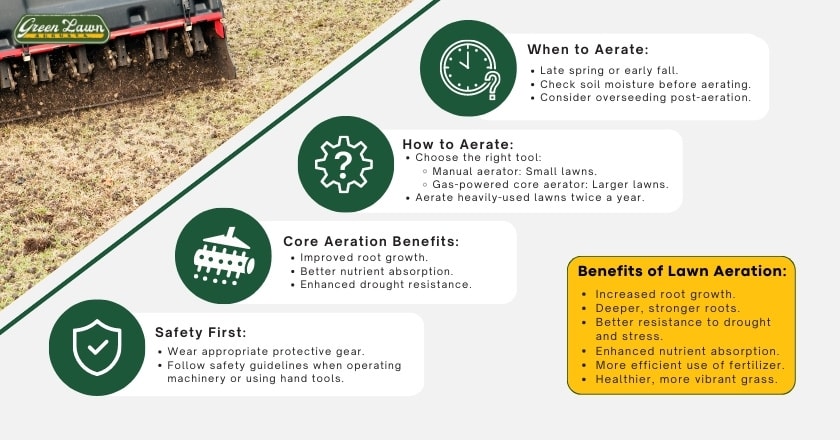
If your lawn gets heavy foot traffic or has clay soil (common in Augusta), aeration in late spring can improve:
-
Water absorption
-
Nutrient penetration
-
Root development
Avoid aerating during peak summer heat, but do it early if your soil is compacted.
FAQs: Summer Lawn Care in Augusta
Q: Can I mow shorter in summer to save time?
A: No—cutting too short stresses the lawn and invites weeds.
Q: What time of day should I water?
A: Early morning (before 10 a.m.) is best to reduce evaporation and fungus risk.
Q: Should I fertilize during a heatwave?
A: Avoid fertilizing in extreme heat. Wait for a milder stretch.
Q: My lawn has brown patches. Is it drought or disease?
A: Could be either—call us for a lawn health inspection and we’ll diagnose it for you.
Need Help Prepping for Summer?
Green Lawn Augusta provides expert seasonal services including:
✅ Mowing & edging
✅ Fertilizer & weed control
✅ Irrigation management
✅ Insect & grub treatments
We know Augusta lawns, and we prep them to beat the heat.
👉 Schedule lawn care Augusta GA with us today!
